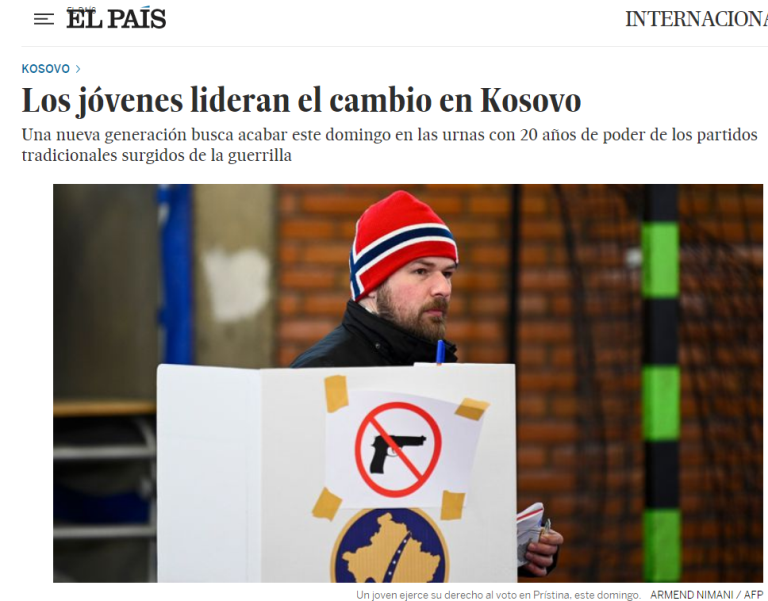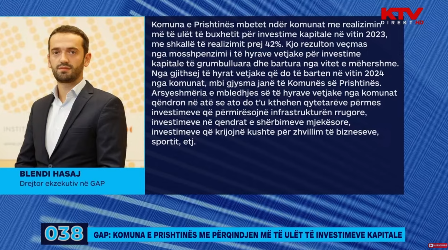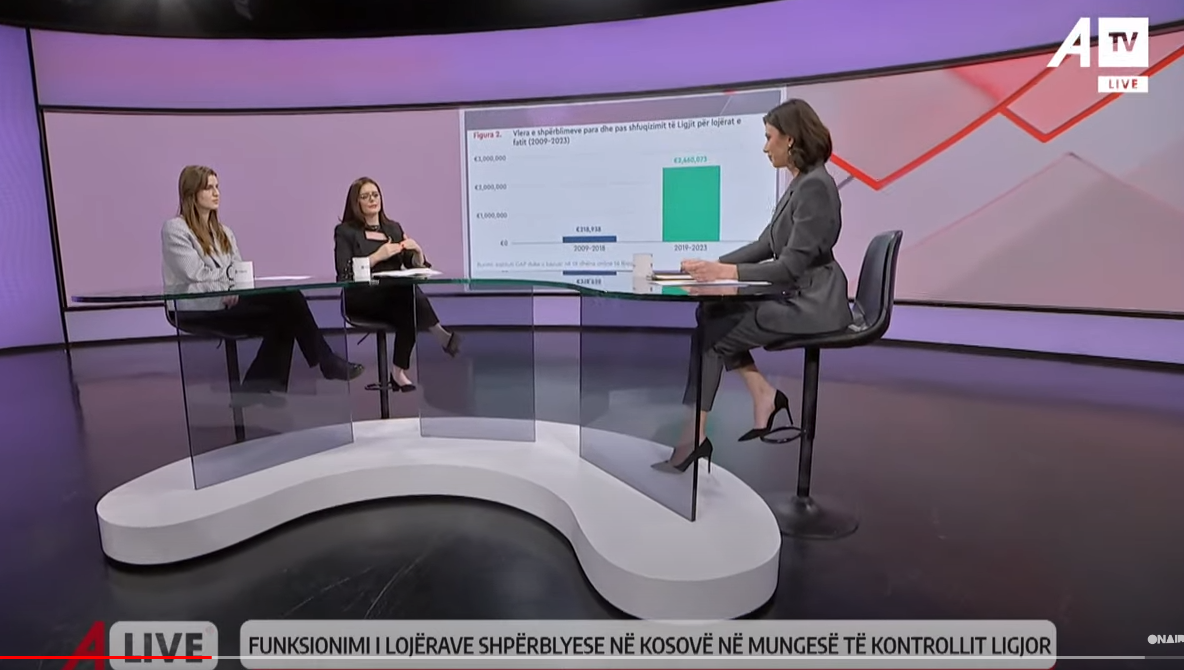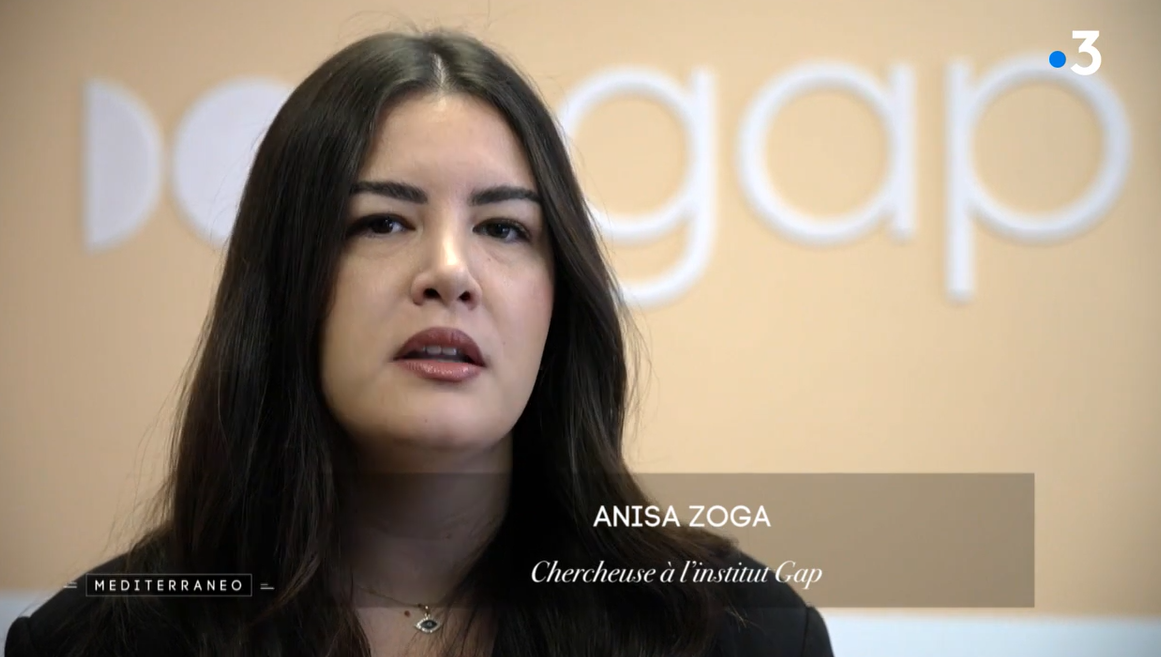GAP and K 2.0 discussion on “(Non) Merit-Based recruitment in public institutions"
26/01/2021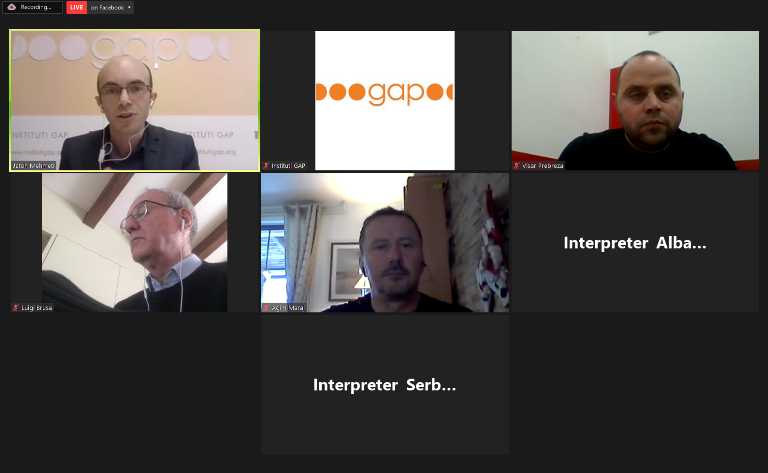
Today, GAP Institute and Kosovo 2.0 organized a virtual discussion on the topic “(Non) Merit-Based recruitment in public institutions: will the new institutions transform the vicious circle into a virtuous circle”? This discussion was organized under the European Union funded project “Citizens: Engage”.
Jeton Mehmeti, Research Director at the GAP Institute, presented the main findings of the report titled ‘(Non) Merit-based recruitment in public institutions.’ He said that the phenomenon of nepotism has directly led to a reduction of citizens’ trust in the recruitment processes. According to the Public Pulse Survey, only 19.5% of respondents consider that employment in the public sector is done on a merit basis and 80.7% believe that employment in the public sector is not merit-based. According to the respondents, the main non-merit criteria for employment in the public sector are: family ties (30.8%), party affiliation (30.4%), bribes (13.8%), friends, and, to a smaller extent, physical appearance. Only 19.5% believe that education, vocational training and professional experience are important factors for employment in the public sector. Most attractive positions are those in the boards of publicly owned enterprises, due to high monthly incomes, distributed responsibility, and minimal public accountability, which is why ruling parties see such boards as employment opportunities for party members and their families, rather than as professional bodies requiring adequate management.
On the other hand, Mr. Luigi Brusa, Head of the Cooperation Sector in the European Union Office, stated that the quality of human resources is not good enough in Kosovo’s public administration. According to him, this may also affect the successful application of IPA 3 projects, as they are now being allocated on the basis of the quality of projects and best performance. He mentioned that the European Union Office has provided assistance for the establishment of the Agency for Personal Data Protection, but Kosovo institutions are failing to appoint a commissioner.
The other panelist, Mr. AgimMaraj, Good Governance and Anti-Corruption Policy Officer at the British Embassy in Pristina, saidthat the British Embassy project has had a positive impact, not only on the merit-based recruitment in some important senior management positions, but also in creating a new recruitment monitoring culture, significantly increasing the number and quality of applications, as well as the level of transparency of the selection process. He thanked the civil society for being vocal in this regard, and at the same time encouraged all professionals, especially women, to participate in recruitments, adding that the British Embassy will continue the project for an additional three years, also expanding the list of recruiting positions.
Finally, Mr. VisarPrebreza, Managing Editor at BIRN Kosovo, shared his organization’s experience in monitoring the recruitment process in public institutions. According to him, employments based on family and party affiliation also occurs at the local level. He also revealed the findings of the latest study conducted by BIRN Kosovo, titled ‘Parties of Employment’. He also stated that the involvement of the British Embassy in this process has increased the level of transparency and called on other international institutions to engage in these processes.
The discussion was closed with the conclusion that fighting nepotism, above all, requires political willingness, and that the involvement of international institutions, civil society and the media in the monitoring of recruitment process is of utmost importance.
Please find the full discussion at this link: https://bit.ly/39gISky
This discussion is part of the project “Citizens: Engage” supported by the European Union Office in Kosovo and implemented by Kosovo 2.0 in cooperation with GAP Institute.







